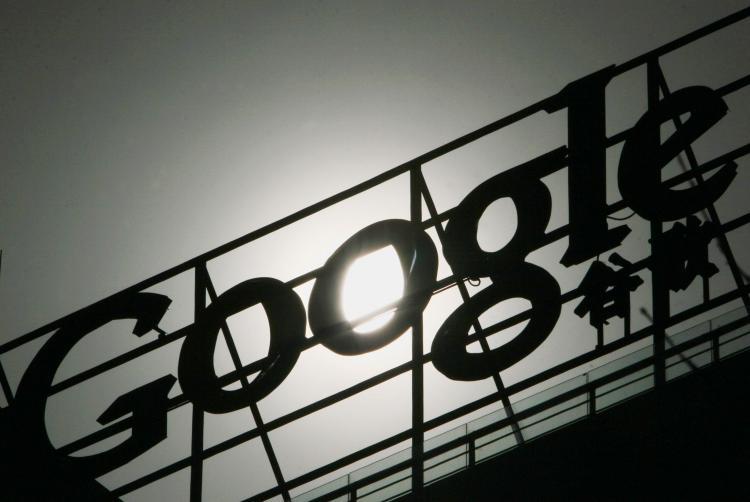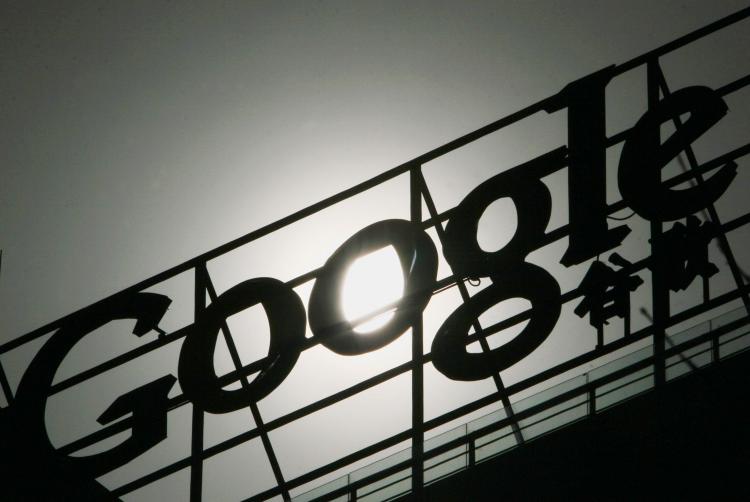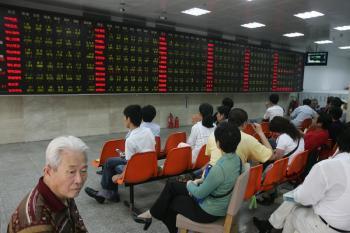In an interview with The Epoch Times, a Silicon Valley insider shared insight on considerations in the Google-China relationship. “Google firmly believes that in order to keep search results impartial, a machine has to do the algorithm. Adding anyone’s judgmental criteria will compromise the impartialness,” according to senior search technology expert Li Ge (not his real name). Li told the Epoch Times that “China’s censorship directly shakes the foundation of Google’s search technology.”
Li lives in California’s Silicon Valley and conducts business with Google’s headquarters there. He told the Epoch Times that the basic theory behind Google’s search technology, PageRank, is not complicated. A popular article is often copied and posted elsewhere on the Internet. “If we calculate the number of times the article (website or topic) was posted elsewhere, we get its ranking among related articles,” Li said.
“Unlike a car, which a costumer can see and feel, and show preference for a certain brand, a search engine is simple; the whole business is [built on] one click [which must deliver a product.] If Google were to lose credibility of being just and impartial, it would fail to meet the needs of its user base and compromise its own existence,” he said.
With regard to why Google still decided to enter the Chinese market four years ago, Li spoke about Google’s conflicted actions. “Google is a listed company. The mindset of Wall Street at the time was that you wouldn’t make money if you did not go to China. Under the pressure of the capitalist market, Google decided to go to China.
“The non-native employees pushed for Google to go to China,” Li said. “The founding president of Google.cn, Kai-Fu Lee, is from Taiwan and was educated in the U.S. Google trusted that he would know better how to operate in China.
“After Google entered China, the ideological differences in values between Chinese and American employees became evident. The company depended on Lee to coordinate between the two sides. When Lee left Google in 2009, the coordination ceased.
“Google tried to persuade itself that if it did not enter the China market, the Chinese online users would not see comprehensive information. But if it did enter, at least the users would see a little,” said Li.
According to Li, Google’s co-founder, Larry Page, was very uncomfortable with the decision to enter China. Half a year after Google entered China, he said in an interview that Google’s earning in China was “purely negative.”
“Things have always gone smoothly for Google, hence the company employees are more idealistic and many of them worship the company. Before Google entered China, it called many staff meetings to explain why the company had to satisfy a dictator’s demands, in order to get into the Chinese market. There was a lot of disagreement among the staff. As a result, the company culture as a result incurred a lot of damage due to it.”
Li believed that when hackers attacked Google on Jan. 12, 2010, this event served as the “last straw.” China claimed that Google’s accusation [of the regime’s collusion] was groundless, but pointed out that most hackers require some incentive to do their job, such as wanting to retrieve personal data or credit card information from online users, in order to sell the data and make money.
“The hackers want as much as they can get, no matter who the users are. Who would be interested in only hacking into dissidents’ communication history? It’s too obvious and Google knows that. Google’s employees began to resent [the Chinese government.]
Li disclosed that a Google employee once told him that China has threatened Google many times, demanding the company to work with the Chinese government to block information on Falun Gong, “The Nine Commentaries on the Communist Party,” and Tuidang (the “Renouncing the Chinese Communist Party” movement) on servers outside of China, as well.
“The Chinese regime held Google’s business in China as hostage, using threats to coerce Google into cooperating by expanding the blockade of information globally.
“This shook Google’s foundation. The self-justifying excuses that the company held prior to entering China disappeared.”
Read the Chinese article



